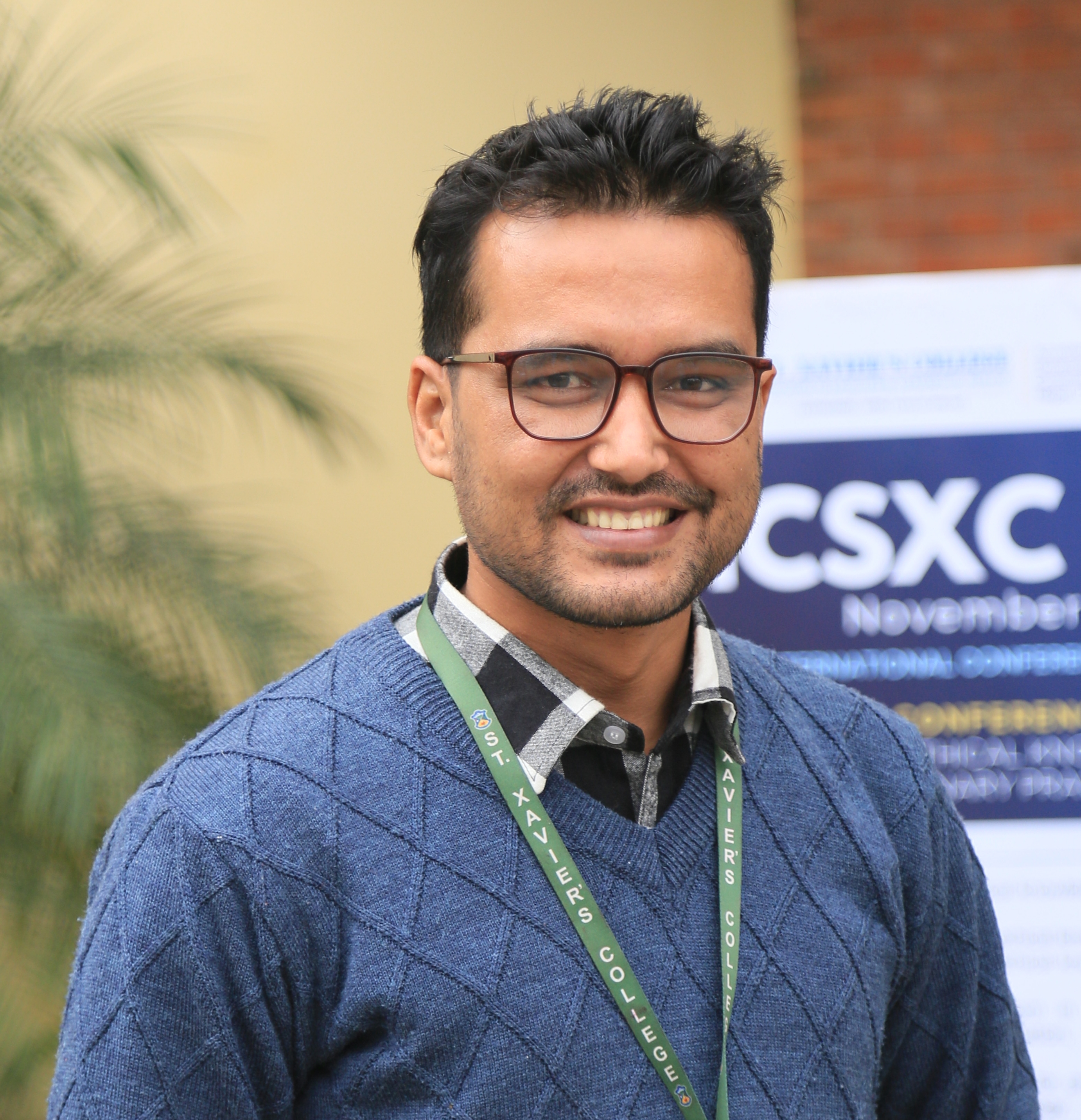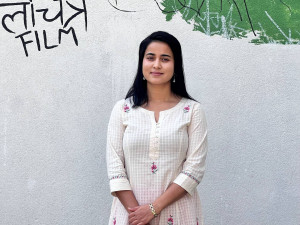Culture & Lifestyle
Why choose humanities in a tech-driven world
Many Nepali students hesitate to pursue a BA degree, fearing its limited scope. However, this line of study can open doors to critical thinking, creativity, and various careers.
Sushil Paudel
As an undergraduate student teacher, I was recently assigned to an academic counselling session where many +2 graduates and their guardians asked a common question: What does a BA programme offer, and what is its scope?
One particular case stood out. A recent +2 science graduate approached me hesitantly and said, “Although I obtained a good GPA in science, I want to learn more about BA programmes, especially with a major in Psychology. I’m unsure if humanities and social sciences are the right choices for someone from a science background.” This concern is quite common. Many students are interested in subjects such as Psychology, Journalism and Mass Communication, Social Work, English Literature, Law, and other disciplines offered within the Humanities and Social Sciences stream.
Her father, who accompanied her, added, “I had hoped my daughter would pursue MBBS after +2, but she brought me here instead. What happens if she studies BA?”
I asked the student, “What interests you?”
A +2 graduate student should be clear and confident about their interests. Khem Prasain, a Nepali teacher who has been teaching at St Xavier’s College for 18 years at both +2 and bachelor levels, emphasises the importance of a student’s attachment to their chosen subject. He said, “A student should have a deep passion for the subject, as it results in a clearer and more comfortable understanding of the course and encourages growth as independent thinkers.”
Students must have the courage to choose their field of study and take responsibility for their learning instead of blindly succumbing to a guardian’s pressure. This echoes Kant’s idea of Sapere aude—dare to know—where breaking free from tutelage involves using one’s reason and interest to make academic decisions.
At the same time, students need to be aware of the syllabus and subjects they will study in their undergraduate programme. The course they wish to pursue, along with its syllabus and objectives, is easily accessible on university websites. Students should reflect on whether they will learn something new from the syllabus and whether they will enjoy the course throughout their academic journey. Before choosing a subject, they should consider its future scope five years from now rather than focusing solely on its popularity.
While students choosing technical fields like IT, Engineering, or Medicine often have a clearer understanding of career paths, those considering humanities are often curious about job prospects and future opportunities. This uncertainty may come from the field’s wide range of options, what psychologists call “choice overload,” which can lead to decision fatigue. In reality, humanities graduates can become policy analysts shaping government reforms, journalists and editors amplifying unheard voices, NGO leaders advocating for climate justice and gender equality, cultural researchers preserving Nepal’s rich traditions, or writers, translators, professors, diplomats, and social workers.
Jileshan Sah, an Australian Award Scholar of 2022 and a lecturer in the Department of Inclusive Education (DIEP) at Kathmandu University asserts that in a world dominated by dehumanising techno-power, the humanities and social sciences present a crucial route to restore human sensitivity, conscience, and compassion. He said, “Today’s time is the most dangerous and unprecedented. Albeit the humanities and social sciences have been targeted, trampled by the so-called super-developed countries, the second coming of the humanities and social sciences can be the rays of hope to rescue humanity from the clutches of techno-tyrants.”
Sarah Maharjan, an MPhil student at the Central Department of English who studied science in her +2, reminisces about her high school days. “Choosing humanities as my subject was never something I had considered as a 16-year-old student determined to pursue science.” Further, she reasons why she chose science, “With a limited understanding of the different academic streams and constantly being told by my parents that science was the best path to solve future problems and secure a stable career, I believed it was the only way to bring meaning and depth to life as well as serve others.” However, she doesn’t see much of a thicker line between science and the humanities.
Maharjan explains, “There is no pure science or fiction; everything overlaps somehow. I no longer saw any field or story as superior or inferior. This realisation drew me toward the humanities and social sciences. HSS allowed me to engage with stories, philosophies, histories, and ideas that created space for critical thinking and a deeper understanding of life. It helped me make sense of the world through reason, emotion, and a strong sense of moral responsibility. HSS resonated with my inner curiosity and desire to explore the richness of the human experience. It became the space where I not only found meaning, but where I finally felt I truly belonged.”
Studying science often directs students toward a specific, predetermined path, focusing their knowledge within fixed boundaries. In contrast, the humanities and social sciences offer a broader intellectual space that encourages critical thinking, imagination, and personal transformation. Oscar Wilde aptly said, “If you want to be a grocer or a general or a judge, you will become it. That is your punishment. But if you never know what you want to be, if you live what some call the dynamic life but what I call the artistic life, then you are in danger of becoming everything, which is your reward.” This perspective addresses how the humanities empower individuals to embrace uncertainty and evolve into multiple, enriched versions of themselves.




 12.12°C Kathmandu
12.12°C Kathmandu















